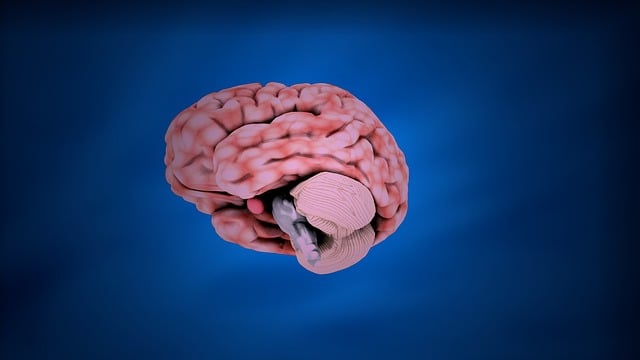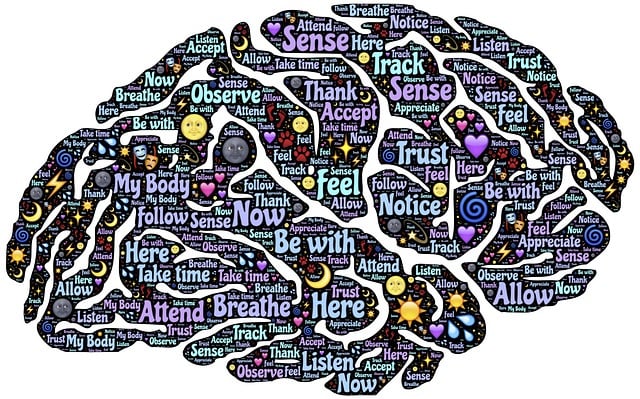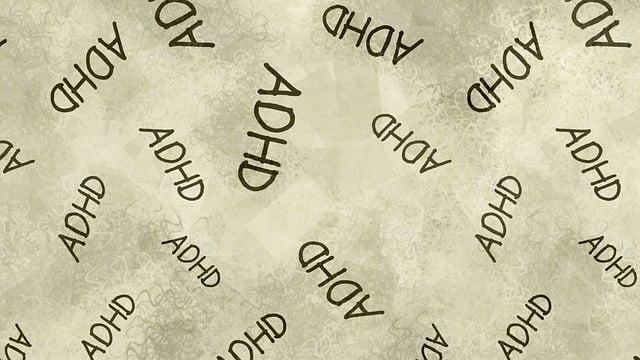Centennial Adjustment Disorder (CAD) is a mental health challenge characterized by prolonged emotional dysregulation after significant life events. CADT, an innovative therapy approach, empowers young people ("centennials") to manage their mental health by integrating modern coping strategies, boosting self-esteem, and improving conflict resolution skills. Effective strategies like confidence-boosting techniques and Mental Illness Stigma Reduction are crucial for CAD therapy. By cultivating awareness, adopting healthy habits (structured routines, physical activity), and seeking professional support, individuals can develop resilience and navigate emotional landscapes more effectively, leading to a balanced and fulfilling life.
Mood regulation is a vital skill, especially in managing daily life stresses. This article explores strategies to navigate emotional challenges, focusing on Centennial Adjustment Disorder Therapy (CADT) as a novel approach alongside practical techniques. Understanding CADT’s unique perspective offers a revolutionary way to cope with mood fluctuations. By examining these methods, readers can gain insights into enhancing emotional resilience and overall well-being. Discover actionable steps for a more balanced mental state in our comprehensive guide.
- Understanding Mood Regulation and its Challenges
- Centennial Adjustment Disorder Therapy: A Novel Approach
- Practical Strategies for Daily Life Management
Understanding Mood Regulation and its Challenges

Understanding mood regulation is paramount as it involves managing and maintaining emotional states to enhance overall well-being. It’s a complex process influenced by various factors, including biological, psychological, and environmental elements. Individuals often face challenges in regulating their moods due to conditions like Centennial Adjustment Disorder (CAD). CAD, characterized by prolonged periods of dysregulation following significant life events, can make it difficult for folks to cope with stress, leading to persistent feelings of sadness or anxiety.
The quest for effective mood regulation strategies is thus not merely a personal pursuit but also a crucial aspect of mental health advocacy. Confidence-boosting techniques and efforts towards Mental Illness Stigma Reduction can play a significant role in this journey. By learning to manage stress, individuals with CAD can develop resilience and improve their ability to navigate emotional landscapes. This process involves cultivating awareness, adopting coping mechanisms, and seeking professional support when needed, ultimately paving the way for a more balanced and fulfilling life.
Centennial Adjustment Disorder Therapy: A Novel Approach

Centennial Adjustment Disorder Therapy (CADT) is a relatively new and innovative approach to addressing mental health challenges, particularly for younger generations navigating an increasingly complex world. This therapy model recognizes that today’s youth, often referred to as ‘centennials’ or ‘Gen Z’, face unique stressors and pressures that can impact their emotional well-being. CADT aims to empower individuals through self-discovery, cultural sensitivity in mental healthcare practice, and conflict resolution techniques.
By integrating modern challenges into therapeutic practices, CADT encourages clients to develop resilience and adaptive coping strategies. The therapy focuses on building confidence and self-esteem, empowering young people to manage their emotions effectively. Through this approach, individuals can learn to navigate interpersonal conflicts, enhance their problem-solving skills, and foster a positive sense of identity, all while gaining valuable conflict resolution techniques.
Practical Strategies for Daily Life Management

In our fast-paced daily lives, effectively managing moods is a vital aspect of overall well-being. Practical strategies for life management can significantly enhance emotional resilience and reduce the impact of mood disorders like Centennial Adjustment Disorder (CAD). One effective approach is incorporating structured routines; consistent schedules for sleep, meals, and activities help regulate circadian rhythms, which play a crucial role in mental health. Additionally, engaging in regular physical activity, such as walking or yoga, releases endorphins that promote positive moods and reduce stress.
Self-care practices are essential tools for emotional healing processes. Dedicating time for hobbies, connecting with loved ones, and practicing mindfulness techniques can foster self-esteem improvement and enhance coping mechanisms. Further, seeking professional support through therapy sessions tailored to CAD can provide personalized strategies for managing intense emotions. By integrating these practical approaches into daily routines, individuals can better navigate the challenges of mood regulation and cultivate a more balanced and fulfilling life.
In conclusion, managing mood regulation effectively is essential for overall well-being. While challenges exist, particularly with conditions like Centennial Adjustment Disorder, various strategies offer hope and improvement. Combining therapeutic approaches, such as Centennial Adjustment Disorder Therapy, with practical daily life management techniques enables individuals to gain control over their moods. By understanding these methods, one can enhance resilience and foster a healthier, more balanced mental state.









